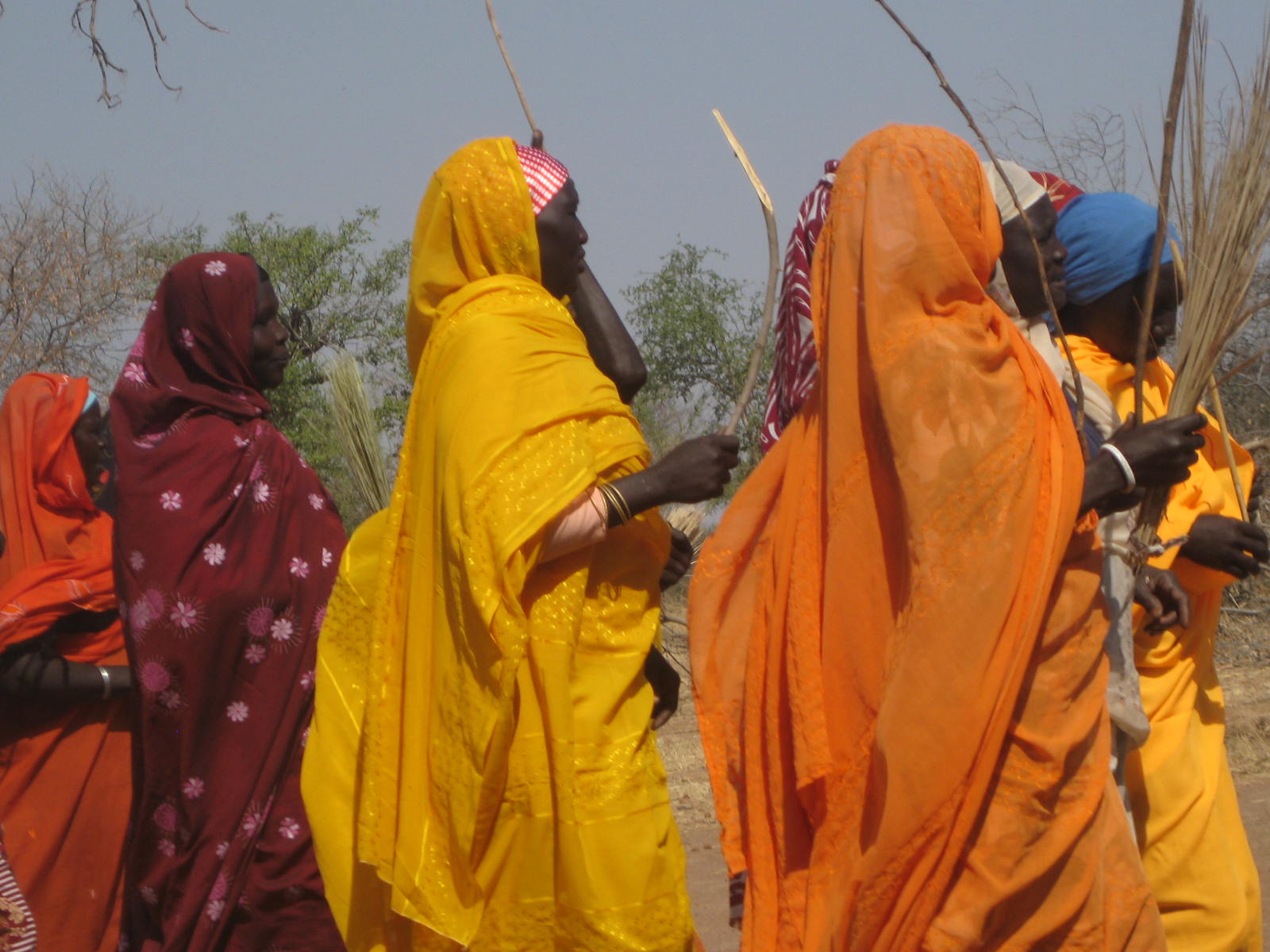The abuses were committed amid fighting between government troops and the Sudan People’s Liberation Movement-North (SPLM-North) that began in early June. (South Kordofan background briefing.)
“We’re very glad it’s part of the public record,” Peggy Hicks of the New York-based Human Rights Watch told IRIN. “It should galvanize the Security Council into action.”
US-led attempts to persuade the Council to condemn the Sudanese government over its military activities in South Kordofan were reportedly blocked earlier this month by Russia and China.
The report, by the Office of the High Commissioner for Human Rights (OHCHR), is largely based on one submitted by the UN Mission in Sudan (UNMIS) at the end of June. It calls for an “independent, thorough and objective inquiry” into the abuses.
Suleiman Rahhal, director of the London-based Nuba Survival Foundation, told IRIN this call was “very welcome” but decried the delay in the publication of the report, which covers events up to the end of June.
The Nuba is the collective term for about 50 different peoples living in the Nuba Mountains of South Kordofan.
“The time when all these things were happening was in June, when the whole place was in a mess, people were fleeing Kadugli [the state capital] for their lives, house-to-house searches were going on and the killings were taking place,” he said. “One would have expected this violence should have been reported earlier.
“The bombing is still going on; two days ago my sister called to say they were bombing around Katcha and Belenja, south of Kadugli. Yes, we want an independent inquiry, it will be most welcome, but when will it come? Every day is important for the Nuba,” he said.
Most of the allegations in the report are made against the Sudanese Armed Forces (SAF), the Central Reserve Police or their militia allies. Reported violations - mainly targeted at the Nuba population - included “extrajudicial killings, arbitrary arrests and illegal detention, enforced disappearances, attacks against civilians, looting of civilian homes and destruction of property”.
Loss
The report said aerial bombardments of civilian areas resulted in “significant loss of life” and also targeted airstrips used by humanitarian organizations.
Both sides planted landmines in Kadugli, it said, adding that there had been widespread looting as well as attacks on churches by pro-Khartoum militia.
Sudan’s foreign ministry spokesman Al-Obaid Marawih termed the information in the report “biased and predicated on no evidence”. The government in Khartoum announced it would conduct its own inquiry.
|
Photo: Ann Weru/IRIN |
| A view of the Nuba Mountains in South Kordofan. The Nuba is the collective term for about 50 different peoples living in the Nuba Mountains of South Kordofan |
Some 200,000 people have been “displaced or severely affected by the fighting”, according to the UN Office for the Coordination of Humanitarian Affairs, which, in its latest report issued 15 August, said fighting was continuing and that aid agencies faced considerable restrictions in accessing those needing aid.
The OHCHR report cites attacks on UN staff, including an SPLM member who, while working as a contractor for UNMIS, was pulled out of a vehicle by SAF troops and later discovered dead.
While the OHCHR report did not include an UNMIS recommendation for internationally facilitated peace talks, some diplomats believe such talks are essential to prevent the South Kordofan crisis spreading to other areas on the border between Sudan and the nascent South Sudan.
Dutch Ambassador Norbert Braakhuis, who is the coordinator of the Three Areas Working Group, told a meeting at London’s Overseas Development Institute: “The expectations at the beginning were, on the northern side, that it would be a short and relatively easy thing to bring back full control over South Kordofan. If one looks at today, more than two months [later], that is definitely not the case.”
Braakhuis also stressed the economic risks of continuing conflict for north and south. “Both state budgets are heavily, heavily taken [up] by their armed forces, and unless the conflicts stop… of course you will never see these budgets diminish. The IMF and World Bank predictions are that the economic crisis in the North will set in, to its full extent, in three months’ time. So one thing seems very clear, that you have to move to a political solution of your outstanding problems.”
pfm-eb/am/mw
This article was produced by IRIN News while it was part of the United Nations Office for the Coordination of Humanitarian Affairs. Please send queries on copyright or liability to the UN. For more information: https://shop.un.org/rights-permissions





